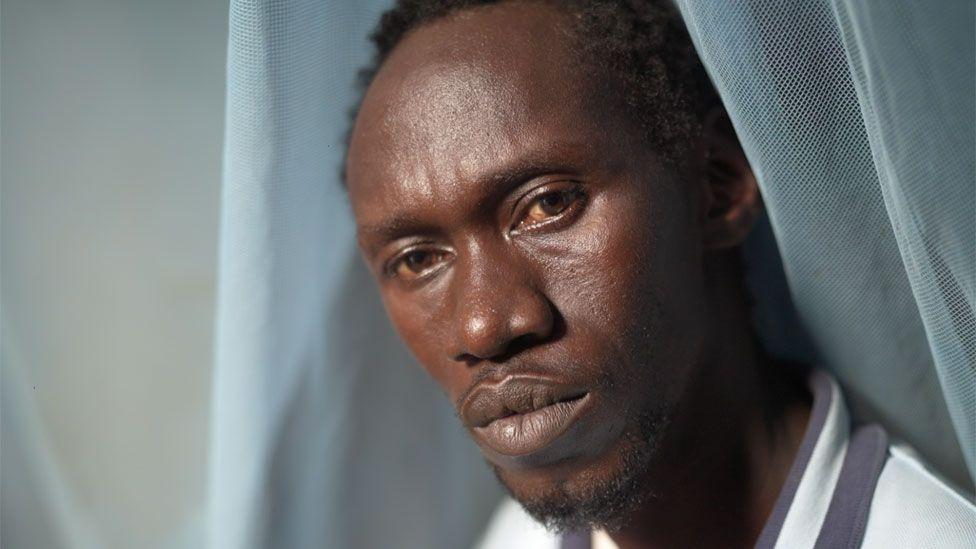Mouhamed Oualy, a Senegalese farmer with no prior experience at sea, finds himself on the brink of a dangerous journey across the Atlantic Ocean, a route that has tragically claimed countless lives. As he prepares for his perilous crossing to the Canary Islands, he reaches out for prayers, signaling the weight of the risk he is about to undertake. The demand for such crossings has surged recently, with more migrants than ever attempting to reach Europe. However, the reality that awaits many upon arrival is one of overwhelming pressure on resources and systems designed to assist them, as regional governments warn of being overwhelmed by the influx of desperate migrants seeking a better life.
The treacherous journey Oualy is about to embark on is fraught with peril. He faces the challenge of navigating a distance of between 1,000 and 2,000 kilometers over open ocean, exposing himself to harrowing conditions, including storms, currents, and the constant threat of capsizing. Along with others packed into overcrowded pirogues, the migrants must endure extreme discomfort, with limited water and provisions, leading to panic and despair. Many have vanished without a trace, and without advanced navigation tools, boats often veer off course and end up in unexpected locations, leading to more tragedies at sea.
Back in his hometown of Tambacounda, Oualy’s family depends on his earnings from farming. After relocating to a closer departure point and taking on various jobs, he has managed to scrape together the required funds for the voyage, but he remains cautious of being exploited by smugglers. The undercurrent of fear surrounding the dangers of the sea looms large as he contemplates the risks—both from the ocean itself and from the potential for a scamming operation. Oualy reflects on the life-threatening risks involved, acknowledging that the journey could lead to death, yet he feels compelled to pursue this path to provide for his family.
The economic backdrop in Senegal paints a grim picture as the country experiences pockets of severe poverty, despite periods of growth. As regional instability, conflict, and climate change push more people to consider migration, the Canary Islands have become a focal point for those seeking refuge. With nearly 40,000 migrants arriving in 2023, the situation reflects a demand dangerously exceeding the capabilities of local infrastructure and emergency services, causing fear of social unrest in already overwhelmed communities. The president of the Canary Islands has voiced concerns over the crisis that has left brave souls attempting to navigate these deadly waters, articulating the urgent need for broader support from European governments.
As circumstances unfold, Oualy finds himself in a secret hideaway waiting to board a boat with other migrants, facing the harrowing reality of limited provisions and extreme discomfort. The journey itself becomes a trial, with many facing physical and psychological challenges as they struggle to cope with the conditions. Reports from the ground reveal rising death tolls on this perilous route—information that underscores the growing power of human trafficking networks. With smugglers profiting substantially, the tragedy deepens as those lost at sea may never have their stories told.
After enduring days of trauma, confusion, and health crises aboard a fragile vessel, Oualy’s hopes shatter just as he nears the Canary Islands—an engine failure forces the ship back toward Senegal. Despite the setbacks and pain of returning to his home, Oualy resolves to try again, driven by an unshakeable determination to reunite with his family and provide them with the life he dreams of. If he succeeds, he may face years of separation from his loved ones, but if he fails, he may become just another of the nameless souls lost to the treacherous sea. His unwavering faith in survival against these odds highlights the complexities of migration, where hope and despair coexist in a relentless struggle for a better future.

